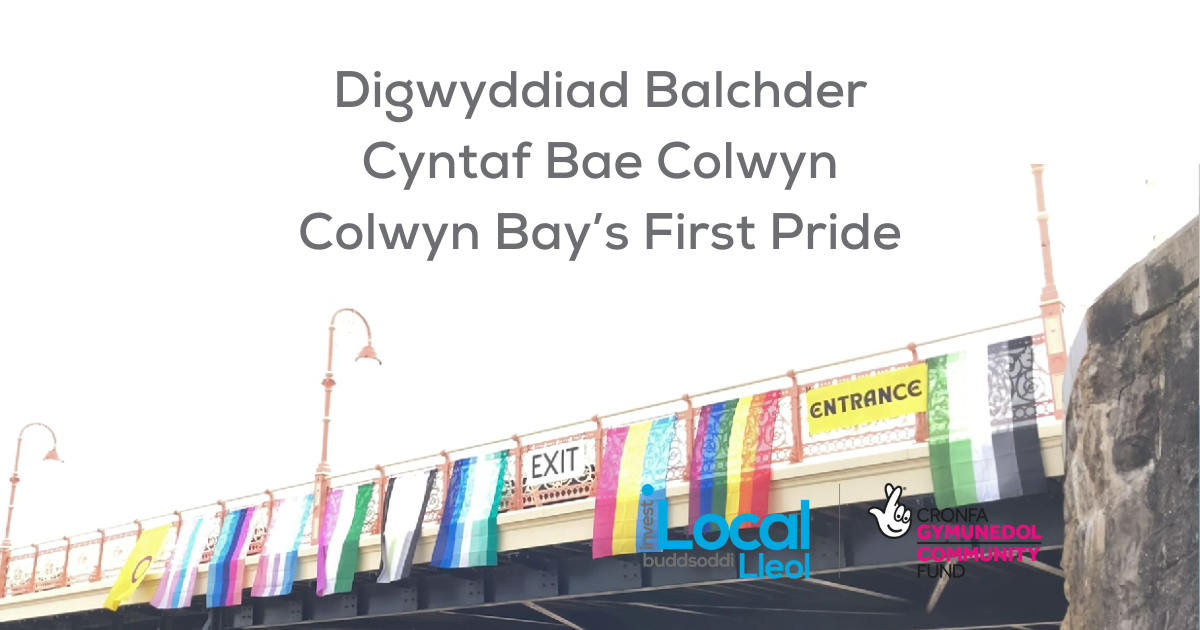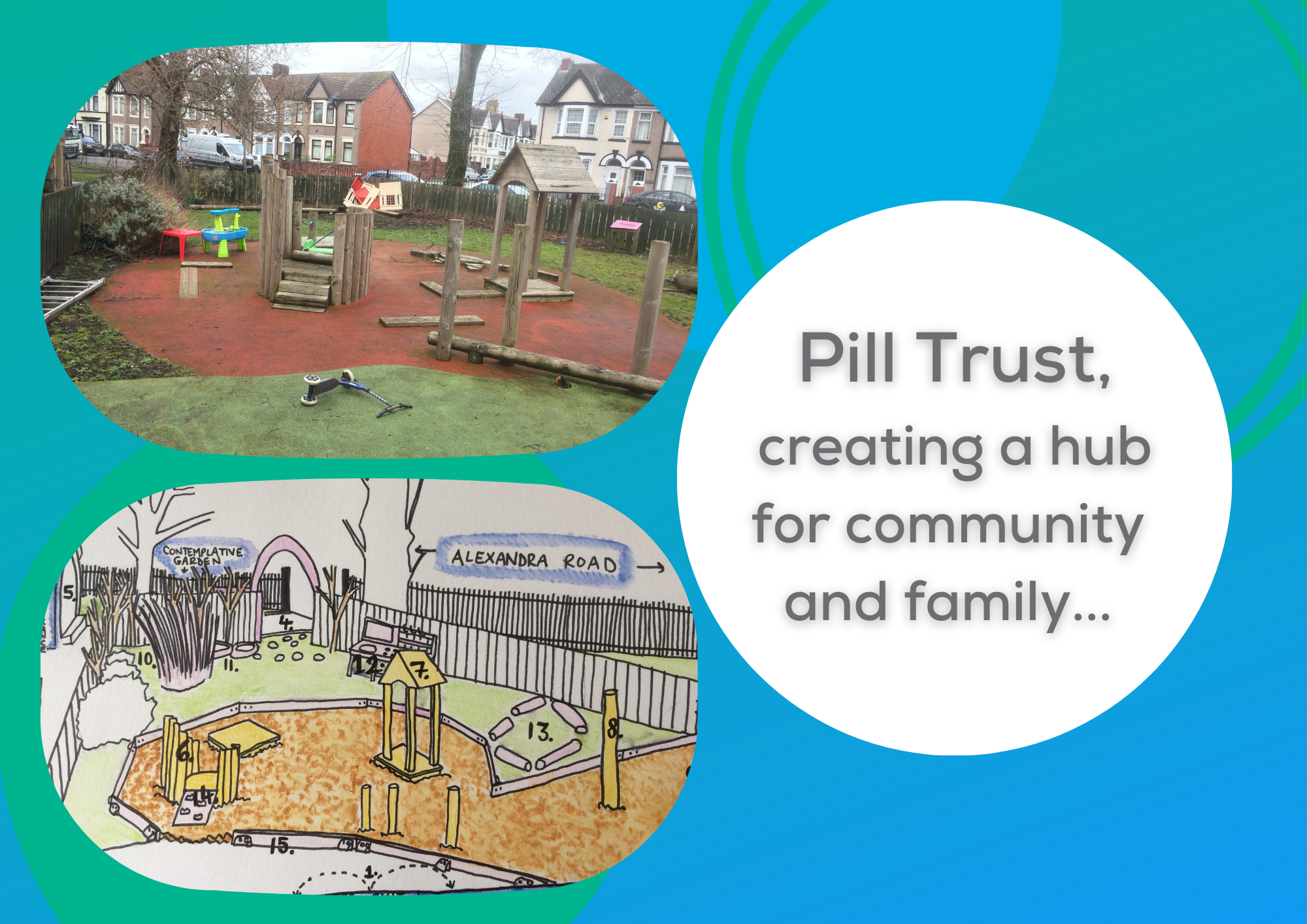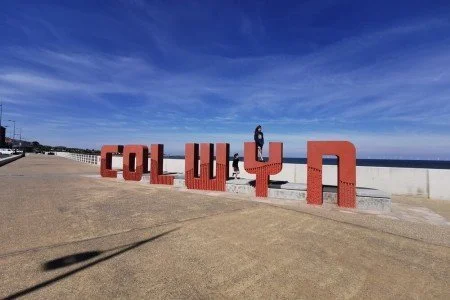WHY WELSH GOVERNMENT SHOULD BE INVOLVING US (CITIZENS) MORE
Noreen Blanluet from the Co-production Network for Wales sets out how Government can, and should, meaningfully involve citizens and communities in the co-production of public services in Wales.
We have in Wales an inspiring and visionary legislative framework that sets the direction of travel for our public service organisations, focuses on well-being, and aims to ensure that: people’s needs are met; communities are strong and resilient; and public services are efficient, effective and relevant.
We have made a start on this journey and progress is occurring. But the translation of this vision into practice is slow, and the ambitions to involve people and communities are not yet being realised at the scale that they need to be to have a measurable impact on well-being for all. It takes time to shift to a values-based way of working, to change behaviours and organisational cultures, to build collaborative relationships, and to come to view people and relationships as assets that provide the foundation for robust public service delivery.
Historically, public service culture has tended towards “doing to” and “doing for” people, which erodes citizens’ sense of agency, and reduces the capacity and social capital in communities. But in these times of increasing social, economic, and environmental pressures, public services can no longer provide, alone, the solutions required to meet people’s needs. Failures to support especially the most vulnerable among us, are contributing to the erosion of trust between citizens and state.
The Covid-19 epidemic has mobilised new kinds of citizen engagement, and generated increased recognition for the previously undervalued and underutilised skills and resources in our communities. Complex challenges and wicked problems are calling for our public service organisations to adopt different, smarter ways of working. If we intend to “build back better”, we need an enabling state and a public service culture of “doing with” people, that continue to implement our devolved Acts and put citizens’ voice at the centre.
The gap in implementation which still needs bridging stems from a lack of widespread and consistent understanding, across organisations providing public services in Wales, of when, why and how to support and enable citizens and service users to get involved in a co-productive approach.
When: for complex challenges and wicked problems that, by their very nature, can have no silver bullet, clear cut solution, or best practice models; where emergence and innovation are key to shaping the answers; and where shared decision making is the only way to ensure that solutions are relevant and effective.
Why: because in the current landscape of dwindling public resources and increasing demand, co-production and citizen involvement offer a compelling approach to developing and delivering more effective and sustainable public services that create a better experience and improved outcomes for everyone.
How: by ensuring representation and diversity, and finding the right ways to include seldom heard voices; by learning to work in partnership, and building trusted and long term relationships; by listening, showing up with humility and transparency, and learning in real time; by focusing on outcomes and the impact on people’s lives and well-being, not just outputs and the things that are easy to count.
As well as a moral and ethical duty to raise citizens’ agency, sense of control, and hence well-being, there exists an economic imperative and the high cost of not making public services more effective, more sustainable, and more relevant through leveraging communities’ resources and capacity. While the investment would be modest in financial terms, what is required above all is a commitment of focus and energy.
For our Ministers and Members of the Senedd, this means shaping the context:
Committing to co-production and involvement as a cross cutting priority so it doesn’t fall victim to party politics.
Establishing a champion who holds responsibility for co-production and involvement as part of their ministerial portfolio.
Being consistent and aligning new legislation to the same ways of working, to avoid conflicting or diverging directives from different Acts.
Setting the tone and maintaining a focus on the necessary shift in behaviour and culture that underpins transformation.
Creating the conditions to mainstream and hard wire good practice into the fabric of public services.
For our civil and public servants, third sector organisations, and anyone involved in delivering services, this means sharing power and responsibility:
Developing capabilities and confidence to do co-production and involvement; understanding when and how to shift from “doing to/for” to “doing with”.
Ensuring that the commitment and permission to act run through the organisation; normalising a shift in behaviours and culture, and addressing systemic barriers.
Increasing collaboration and joined up working across organisational silos, to reduce duplication and wasted energy, and to make the most of citizen and community involvement.
Opening a meaningful dialogue with citizens and communities, especially the vulnerable and the seldom heard voices; building reciprocal understanding and respect; and involving people from the beginning of the problem-solving process.
Playing an enabling role and supporting the creativity, flexibility and tremendous energy of communities without attempting to appropriate or institutionalise their solutions; recognising that communities and public services bring complementary strengths to the table.
For community groups and citizens, this will mean having a voice in the decisions that affect our lives, accessing the right support when we need it, and being a part of the change we want to see.
So far, the implementation of co-production and involvement approaches has been dependent on individuals creating bright spots of practice, and navigating to the best of their ability, and power, the systemic barriers in their way. But with a commitment from Welsh Government to create a supportive context, practice can reach a transformative critical mass; and together we can build a fairer and more sustainable Wales, where everyone has a voice.
































